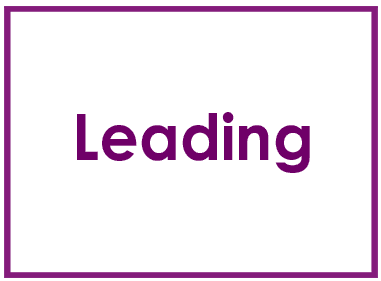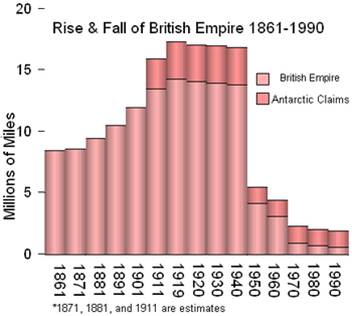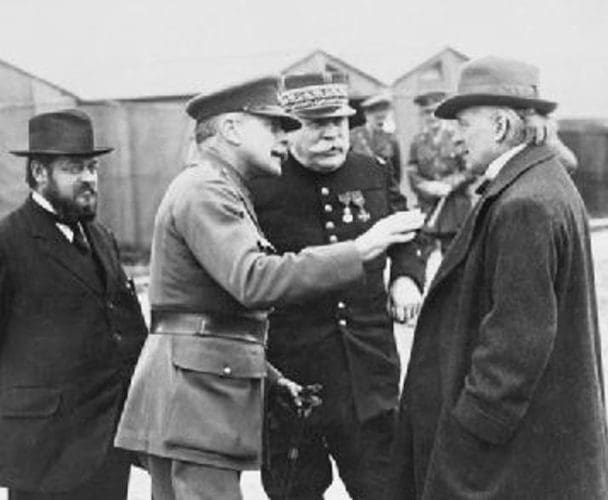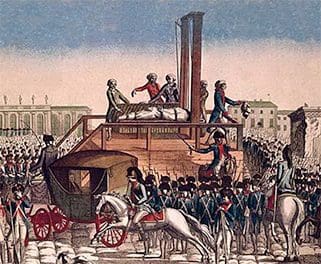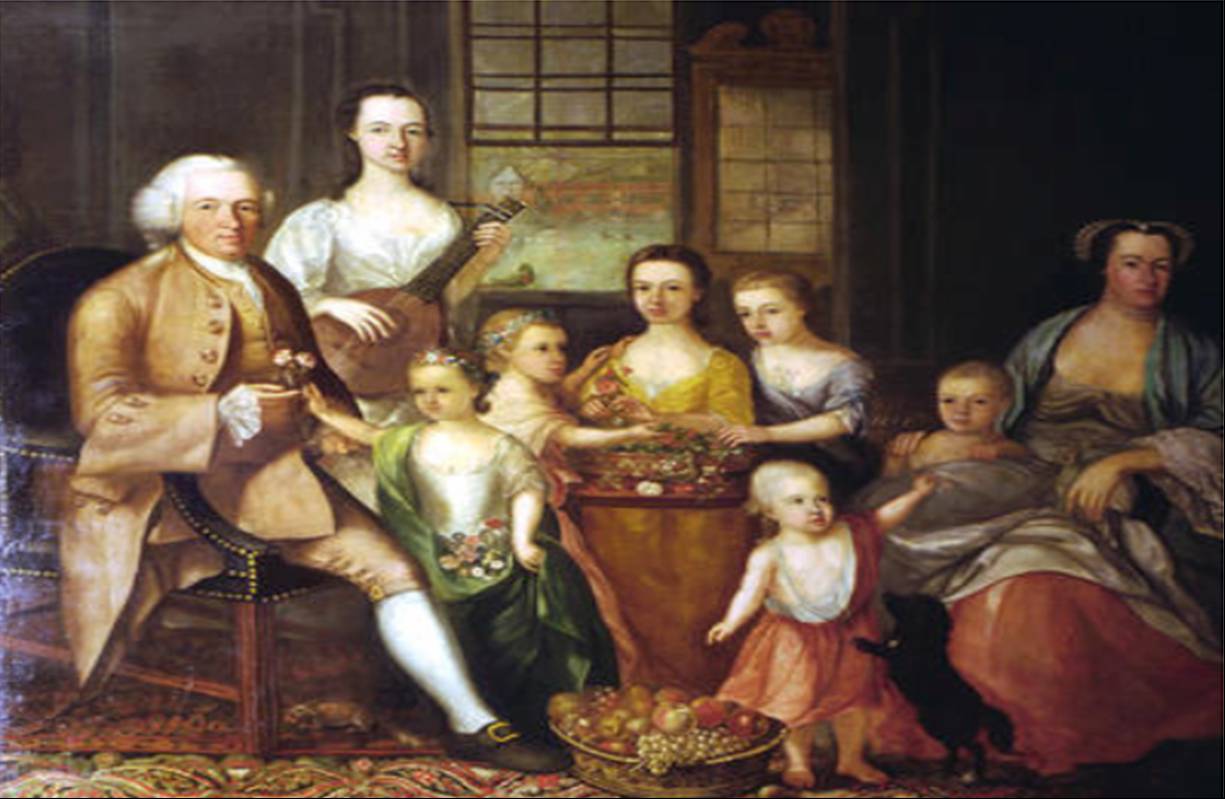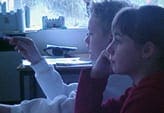
Far from being ‘just theory’, understanding how children learn in history underpins all the decisions we make in our classrooms. It informs planning, differentiation, assessment, views on progression and, above all, what makes pupils want to learn. With the National Strategy now devoting considerable time and money to training teachers in the way pupils learn, we are not short of ring binders, booklets and DVDs offering generic advice. Really subject-specific material, in a form that is accessible to the busy teacher, is far less abundant. Furthermore, some of the theories, such as Gardner’s on multiple intelligences, are being used in ways that were never intended, and are being brought into question. So we need to develop some clear principles of our own to build up our own professional knowledge born out of taking risks and the occasional failure!
This section outlines some of the main influences on our understanding of


